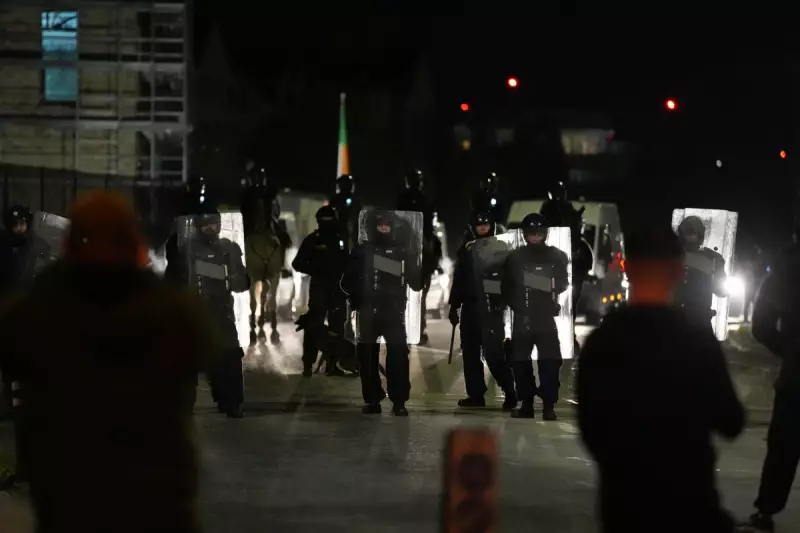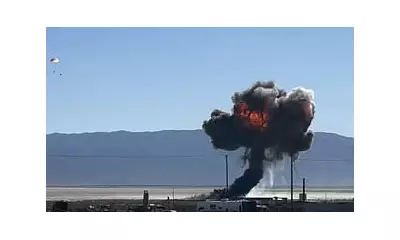
The Irish government is facing significant opposition to its proposed expansion of surveillance powers, including the introduction of facial recognition technology (FRT), in the wake of last year's Dublin riots.
Taoiseach Micheál Martin has vigorously defended the controversial measures, arguing they are essential for modern policing and public safety. The proposed legislation would grant Gardaí enhanced access to CCTV footage and implement FRT to identify individuals involved in criminal activities.
Civil Liberties Concerns Mount
Civil rights organisations and opposition politicians have raised serious concerns about the potential for mass surveillance and the erosion of privacy rights. Critics argue that the technology could fundamentally alter the relationship between citizens and the state.
"This represents a significant shift toward a surveillance society," warned one digital rights advocate. "Once implemented, these systems are difficult to roll back and often expand beyond their original purpose."
Government's Safety Justification
The government maintains that the November Dublin riots, which saw widespread violence and property damage, demonstrated the need for more sophisticated policing tools. Minister for Justice Helen McEntee has emphasised that the technology would be used within strict legal frameworks.
"We're not talking about blanket surveillance," a government spokesperson stated. "This is about giving law enforcement the tools they need to effectively investigate serious public order offences and protect communities."
International Precedents and Warnings
The debate comes as other European countries grapple with similar questions about technology and civil liberties. While some nations have embraced facial recognition, others have implemented strict bans or moratoriums over accuracy and bias concerns.
Legal experts note that any legislation must comply with EU data protection regulations and human rights law, potentially setting the stage for future legal challenges if the measures are approved.
As the parliamentary debate continues, all eyes remain on whether Ireland will join the growing number of nations deploying facial recognition technology for public security purposes.





